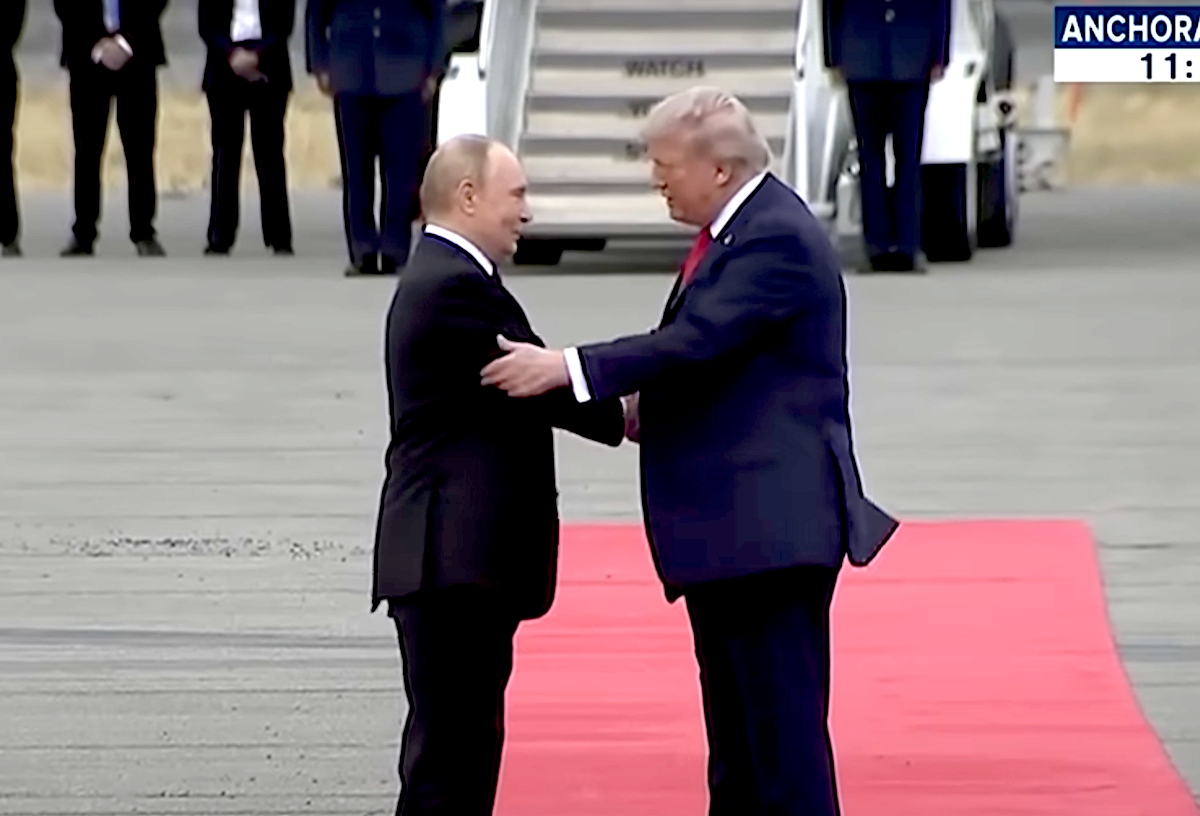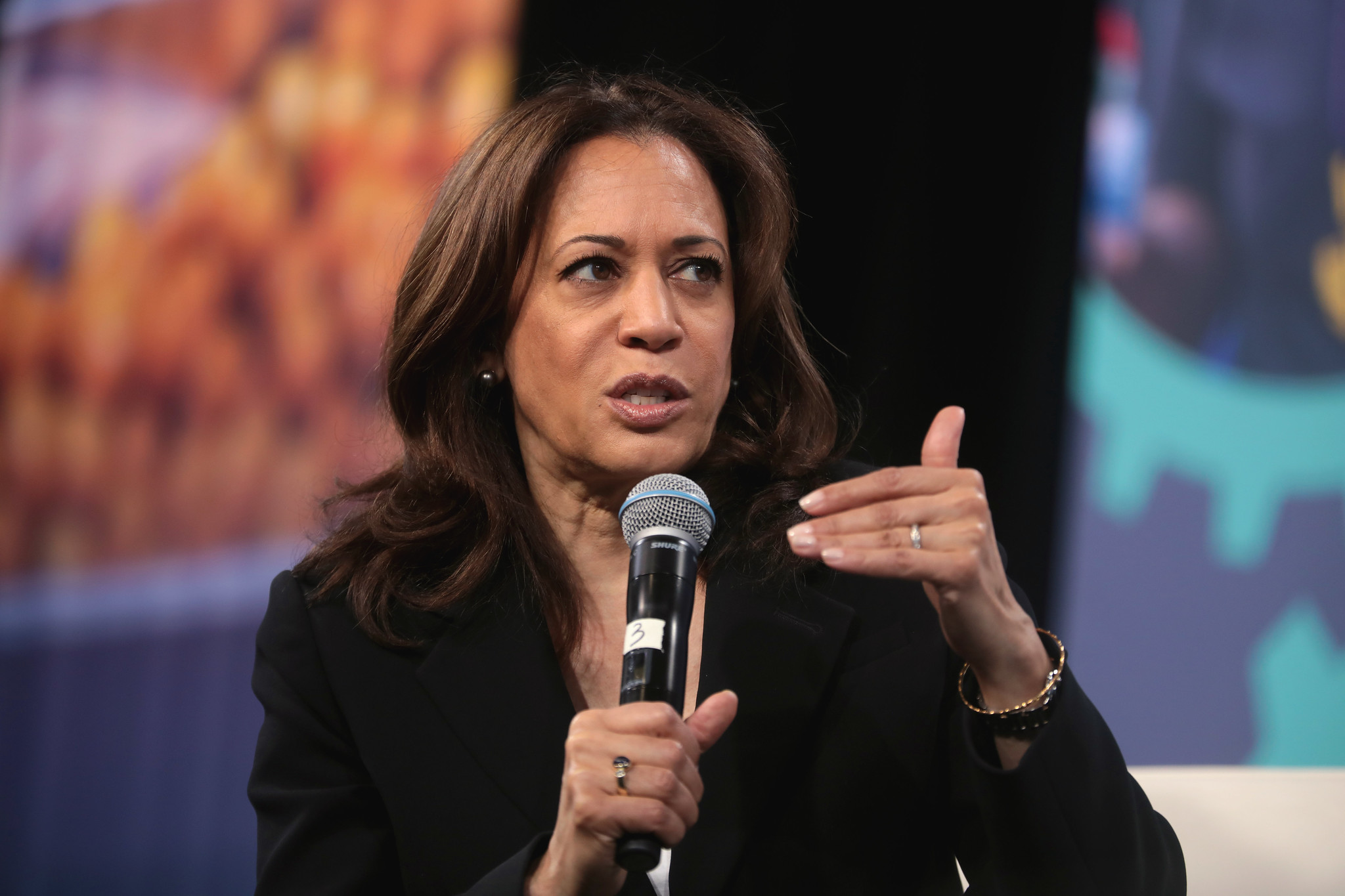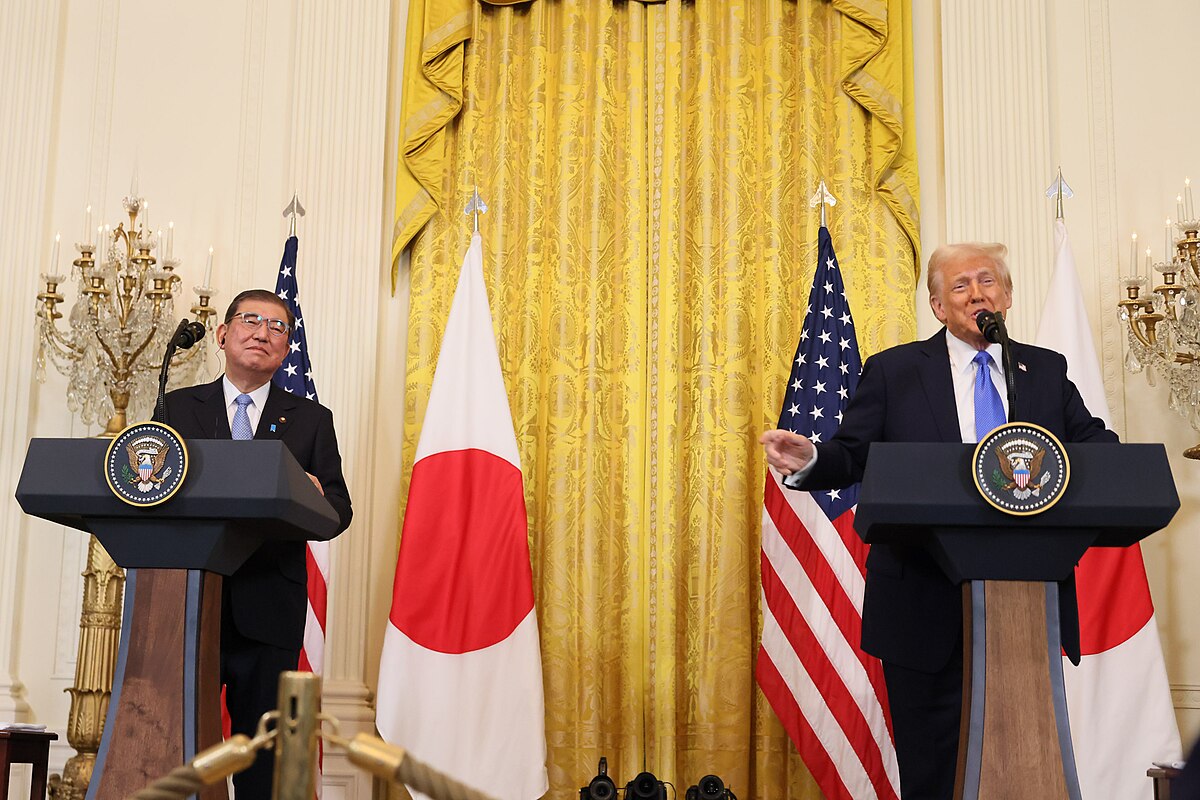White House Special Envoy Steve Witkoff’s recent efforts to mediate between Russia and Ukraine have drawn criticism from unnamed U.S. and foreign officials, as reported by Politico. The article highlights concerns regarding the lack of preparation for a recent summit between President Trump and Russian President Vladimir Putin, suggesting that traditional diplomatic protocols were overlooked.
The summit, held in Alaska, was described as notable for its minimal preparatory work. Felicia Schwartz, the author of the Politico piece, noted, “Typically ahead of such a high-profile meeting, foreign ministers and lower-level staffers reach agreement on the choreography and outcomes ahead of time to make sure the meeting is productive and worthwhile.”
Critics argue that Witkoff’s approach undermines established diplomatic processes. They contend that the absence of thorough preparation can lead to ineffective negotiations and missed opportunities for meaningful dialogue. An anonymous U.S. official expressed concern, stating, “The lack of coordination can create misunderstandings that complicate international relations.”
Supporters of Witkoff and Trump’s foreign policy, however, assert that the president’s direct involvement can yield more immediate results. They argue that traditional bureaucratic processes often slow down decision-making and hinder timely responses to international crises. One supporter remarked, “Trump’s hands-on approach allows for more agile diplomacy, which is essential in today’s fast-paced geopolitical landscape.”
The ongoing tensions between Russia and Ukraine have intensified the scrutiny of U.S. foreign policy strategies. Critics of the administration’s approach suggest that sidelining experienced diplomats in favor of direct presidential engagement may not be the best path forward.
The article also reflects a broader sentiment among some within the foreign affairs bureaucracy, who feel their expertise is being overlooked. This sentiment is not new; previous administrations have faced similar criticisms regarding their handling of diplomatic relations.
As the Trump administration continues to navigate complex international issues, the debate over the effectiveness of its foreign policy strategies is likely to persist. The contrasting views on Witkoff’s role and the president’s approach underscore the ongoing tension between traditional diplomatic practices and a more unconventional style of governance.
In conclusion, while some praise the direct engagement of the president in foreign affairs, others warn that neglecting established diplomatic protocols could have long-term consequences for U.S. relations with key global players.
READ Trump Revokes Secret Service Protection for Kamala Harris Ahead of Book Tour



